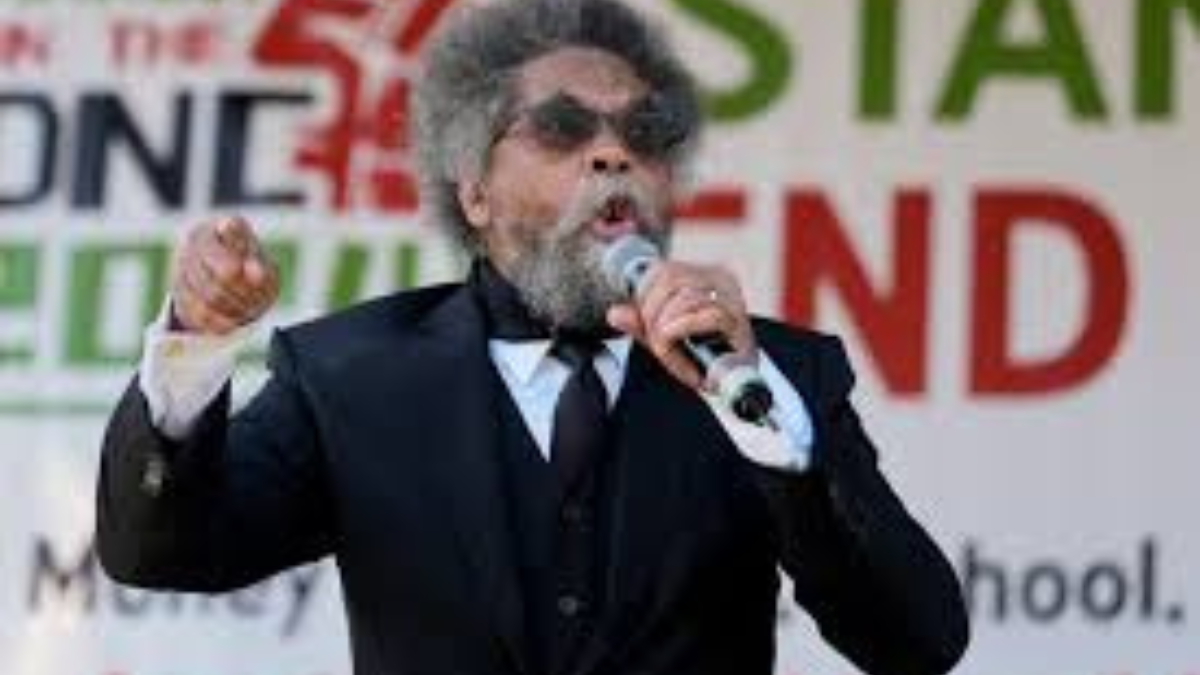

Independent presidential candidate Cornel West has been disqualified from appearing on Pennsylvania’s 2024 general election ballot, following a ruling by the state’s Supreme Court on Monday. The decision affirmed a lower court’s ruling that West failed to meet the legal requirements for ballot access, a significant setback in his quest to contest the battleground state ahead of November’s election.
Pennsylvania Ballots Finalized as Supreme Court Rejects West’s Appeal
The Pennsylvania Supreme Court’s one-page order upheld the decision of the Commonwealth Court, agreeing with the state’s Department of State. According to Secretary of State Al Schmidt, West did not file affidavits for 14 of his 19 required presidential electors by the August 1 deadline. This technical shortfall led to his disqualification.
With the ruling finalized, counties across Pennsylvania have started printing ballots. In a statement following the court’s decision, Schmidt confirmed that “counties can now prepare their ballots to be printed and send mail-in ballots to voters who have requested one as soon as they are ready.”
West’s Fight to Appear on Pennsylvania’s Ballot
The 71-year-old philosopher and activist has faced legal challenges from Democratic operatives in key swing states like Pennsylvania. As the race between Vice President Kamala Harris and former President Donald Trump intensifies, securing a place on the ballot in these battleground states has become critical for West’s campaign.
However, Pennsylvania’s rejection comes just weeks before the state begins its early voting process ahead of the November 5 election. With 19 crucial electoral votes up for grabs, Pennsylvania remains a hotly contested swing state in the 2024 election.
MORE MUST-READS FROM liveupdatechannel
Presidential Candidates on Pennsylvania’s Ballot
Aside from Harris and Trump, other candidates who will appear on Pennsylvania’s November ballot include the Green Party’s Jill Stein and Libertarian Chase Oliver. Both Stein and Oliver successfully submitted their petitions without facing challenges, clearing their way onto the ballot.
Cornel West’s campaign did not immediately respond to the Supreme Court ruling. Instead, the progressive candidate shifted focus to states where his campaign is gaining ground. On Monday, West expressed excitement about securing ballot access in Nebraska and Louisiana.
Cornel West’s Multi-State Campaign Strategy
Despite the setback in Pennsylvania, West has already secured a spot on the ballot in 15 states, including Maine, North Carolina, Nebraska, and Louisiana. In several other states, he will be recognized as an official write-in candidate. However, certain states like Nevada, New Mexico, Oklahoma, Arkansas, and South Dakota do not permit write-in candidates, limiting his reach in those areas.
His campaign for the presidency aims to challenge the dominance of the two-party system. West has been vocal about his desire to build a political movement rooted in solidarity with justice-oriented causes, opposing empire, white supremacy, capitalism, and patriarchy. His running mate, California State University professor Melina Abdullah, shares this vision.
The Road Ahead for West
In response to his ballot exclusion in Pennsylvania, West’s campaign continues to push forward in other states. As a third-party candidate running on a platform for systemic change, West aims to offer voters an alternative to what he describes as the “corporate-dominated two-party system.”
In addition to ballot battles, West has recently requested Secret Service protection following a July assassination attempt on former President Donald Trump. This comes after the Secret Service extended protection to Robert F. Kennedy Jr., a former Democratic candidate who dropped out of the race last month and endorsed Trump.
West, despite these challenges, is working to broaden his appeal and extend his message across as many states as possible before the November election.
Conclusion
Cornel West’s removal from the Pennsylvania ballot represents a significant challenge for his 2024 presidential bid. However, his campaign remains resilient, gaining traction in other states where he will appear on the ballot or be listed as a write-in candidate. As West continues his push for justice and systemic reform, his campaign will likely face additional hurdles in the weeks leading up to the election, especially in states with restrictive ballot access laws.






